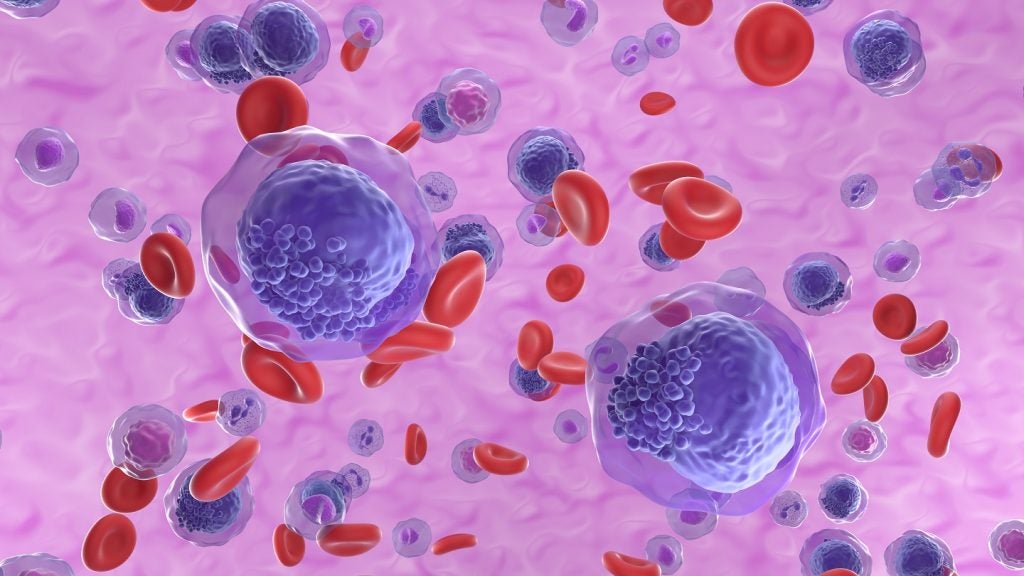World Antimicrobial Awareness Week (WAAW) is a global campaign held annually in November to improve awareness and understanding of antimicrobial resistance (AMR) and encourage best practices among the public. In anticipation of this year’s theme, “Preventing Antimicrobial Resistance Together”, the European Respiratory Society (ERS) and the European Society of Clinical Microbiology and Infectious Diseases (ESCMID) have teamed up in an effort to combat AMR and improve outcomes for patients with acute respiratory tract infections (ARTIs). This has culminated in the VALUE-Dx project, a first-of-its-kind Innovative Medicines Initiative (IMI) project involving six in vitro diagnostics companies and 20 non-industry partners, which aims to improve the use of antibiotics in community care settings.
Antibiotic overprescriptions, particularly for ARTIs, are a key contributor to AMR. Both the English Surveillance Program for Antimicrobial Utilization and Resistance (ESPAUR) and the Journal of the American Medical Association (JAMA) have reported studies where up to 50% of prescribed antibiotics for ARTIs in Europe and the US were unnecessary. Furthermore, instances of inappropriately prescribed therapies for ARTIs have been correlated with higher mortality rates.
The implementation of improved rapid diagnostic tests (RDTs) could optimise the way patients are treated, thereby reducing inappropriate antibiotic prescriptions. Key opinion leaders (KOLs) interviewed by GlobalData have confirmed that diagnostic testing for ARTIs is suboptimal in terms of test availability, testing frequency, and the type of test performed, and varies among the US and European nations. For example, diagnostic testing for ARTIs is not readily available for use within general practice facilities in the UK. Improved testing for respiratory syncytial virus (RSV) and influenza were cited as particularly important unmet needs to help reduce unnecessary hospitalisations. Additionally, according to a US KOL, around 25% of influenza cases in this market may be diagnosed and treated without a confirmed diagnostic test at all.
A 2022 review from Clinical Microbiology and Infection (CMI) analysed 421 studies where at least one point-of-care (POC) test was performed among patients with acute community-acquired lower respiratory tract infections (LRTIs). The outcomes suggested that diagnoses based on signs, symptoms, and host biomarkers such as C-reactive protein (CRP) and procalcitonin (PCT) have poor accuracy. Furthermore, lung ultrasounds had higher sensitivity and specificity than chest X-rays. Molecular tests were found to be the most accurate pathogen-based diagnostic tests.
RDTs are already capable of differentiating between bacterial and viral infections by identifying the bacterial pathogen responsible for the infection, identifying whether the bacteria are resistant to a particular drug, and recognising which drugs the bacteria are susceptible to. The ideal test would utilise these technologies to detect the pathogen responsible for the infection and its antibiotic resistance profile in less than 30 minutes, using a minimally invasive test sample and only one preparatory step. Improving rapid diagnostics is a key component of antimicrobial stewardship.
The overall objective of the VALUE-Dx project is to combat AMR by transforming the use of antibiotics in community care settings, where 80% of antibiotics are prescribed. VALUE-Dx is aiming to achieve this through more personalised, evidence-based antibiotic prescriptions and use. Some of the companies involved include Janssen, Abbott, Bio-Rad, bioMérieux, and BD.
VALUE-Dx expects to release a consensus statement by the end of Q3 2023. This will include a literature review of available data on the role of RDTs in the management of community-acquired ARTIs. The topics that will be addressed include the sensitivity and specificity of rapid diagnostic tools, biomarkers, clinical algorithms, microbial etiologies of community-acquired ARTIs, and the outcomes of antibiotic stewardship. In a post-ECCMID conference held at the end of May, VALUE-Dx released preliminary information from the consensus statement. In summary, VALUE-Dx found that there was an extreme heterogeneity of available studies, huge limitations existed in the available studies, and there was a clear need for randomised controlled studies. Further, they determined that RDT, antibiotic stewardship, and biomarkers could be useful composite interventions for clinical outcomes.
VALUE-Dx will also release a white paper at the completion of the project that will include a list of recommendations derived from the unmet needs of the consensus statement and results of completed VALUE-Dx work packages. The seven work packages are categorised as “technological and clinical value factors”, “laboratory analyses and biobanking”, “data management and analytics”, “clinical trials”, “economic value, policies and innovative funding models”, “education and advocacy”, and “project management and sustainability”. This highly anticipated list is expected to be released by the end of 2023.
















